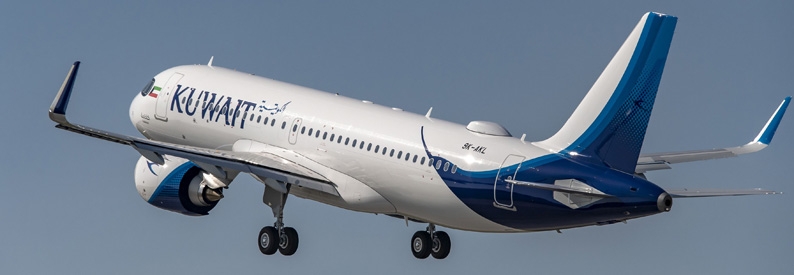Kuwait Airways Cuts Expat and Retired Staff to Boost National Employment

Kuwait Airways has announced a strategic move to terminate the contracts of expatriate employees and those within the retirement age range as part of its efforts to enhance national employment and reduce operational costs. This decision is aligned with the airline’s broader goal of increasing opportunities for Kuwaiti nationals and rejuvenating its workforce.
According to the World Bank, the retirement age in Kuwait is 50, and the airline’s latest move targets employees who fall within this age range, as well as expatriates, who traditionally occupy a significant portion of the workforce in the region. Kuwait Airways, in a statement posted on X, cited high salaries and an increasing number of employees as key reasons for the workplace restructuring.
The layoffs are intended to create more job opportunities for Kuwaiti citizens, aiming to lower the country’s unemployment rates while infusing fresh talent into the airline’s operations. The airline emphasized that these changes are part of a broader strategy to optimize its workforce and align with national employment goals.
In the past, Kuwait Airways had a practice of rehiring retired employees with specialized skills to maintain and enhance its operational efficiency. However, under the recent policy shift, these employees have also been let go to make room for new Kuwaiti talent.
This move is not the first time Kuwait Airways has reduced its workforce in response to financial pressures. In 2020, the airline laid off 1,500 foreign workers as part of its efforts to mitigate the severe financial impact of the COVID-19 pandemic. The latest round of layoffs continues the airline’s trend of restructuring to adapt to changing economic conditions and workforce requirements.
By focusing on national employment, Kuwait Airways is aligning itself with broader government initiatives aimed at reducing the country’s dependence on expatriate labor and increasing the participation of Kuwaiti nationals in the workforce. This strategic shift reflects a growing trend across the Gulf region, where governments are encouraging the employment of nationals in various sectors to address economic and social challenges.
The airline’s decision to cut costs through workforce reduction also highlights the ongoing financial pressures within the aviation industry, particularly in the wake of the pandemic. As airlines globally strive to recover and rebuild, Kuwait Airways is taking steps to ensure its long-term sustainability by prioritizing local talent and streamlining its operations.
As Kuwait Airways navigates these changes, the focus remains on balancing cost reduction with the need to maintain high standards of service and operational efficiency. The airline’s commitment to fostering a more nationally representative workforce is likely to resonate well with government objectives, while also contributing to a more resilient and adaptive organizational structure.
The termination of expatriate and retired employees is a significant step in Kuwait Airways’ broader strategy to enhance national employment and ensure the airline’s financial health in a challenging economic environment. This move sets the stage for a more sustainable future, driven by a workforce that is increasingly composed of Kuwaiti nationals.
